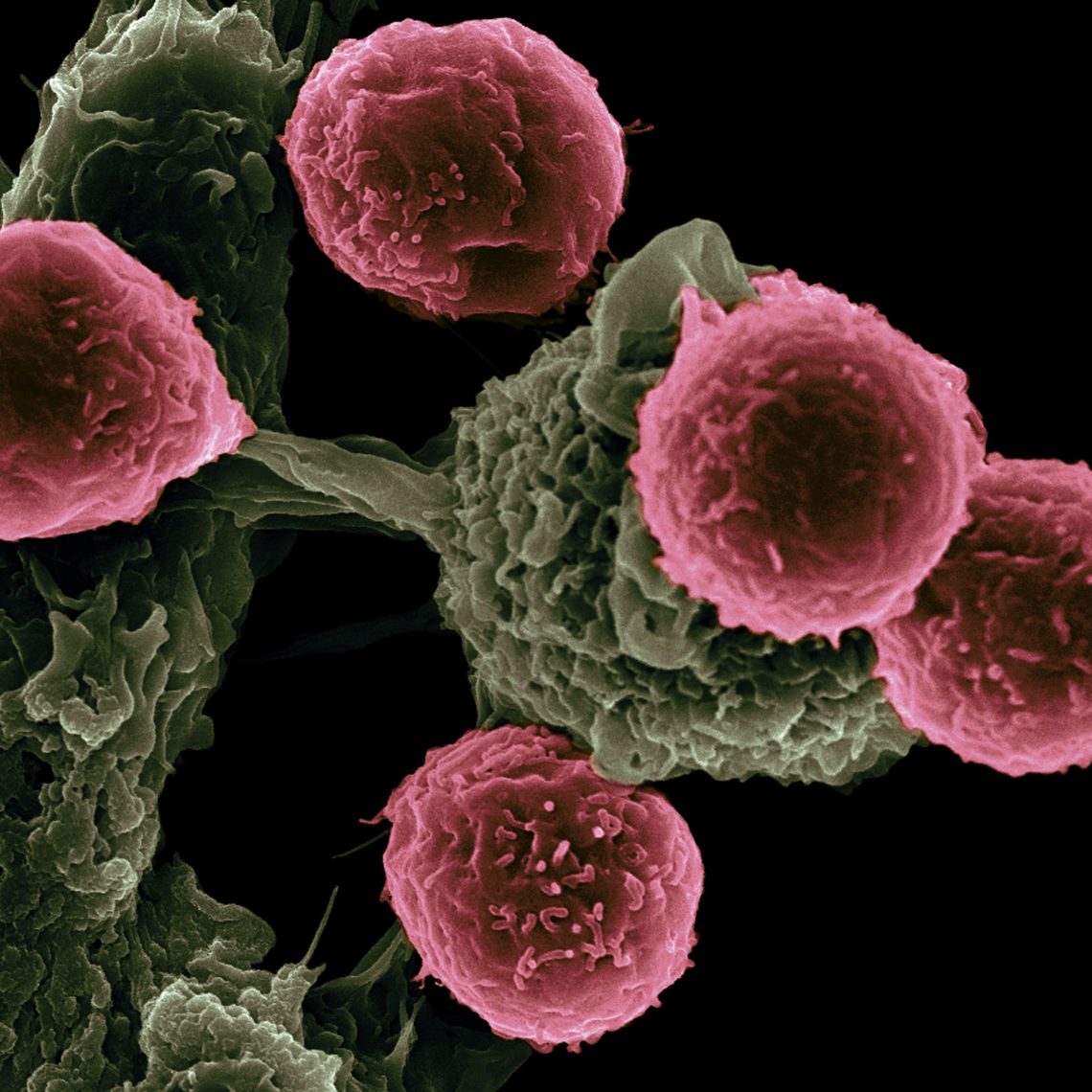PNC-27 for sale is a newly synthesized peptide to destroy cancer cells in the body. It’s a member of the PNC family of experimental proteins, which bind to abnormal (cancerous) cells and produce cell necrosis, killing them while leaving healthy cells intact and undamaged.
Both an HDM-2 binding domain (corresponding to p53 residues 12-26) and a membrane-penetrating domain are present in the PNC-27 peptide. Membranolysis, or the rupture of the cell membrane, is how the peptide binds to and kills cancer cells.
The PNC-27 peptide successfully targets a broad range of particular kinds of cancer, namely pancreatic cancer, breast cancer, leukemia, melanoma, and other cancer lines, via animal studies.
The PNC-27 Peptide’s Function

Photo by on Pexels
Matthew Pincus and Joseph Michl of the SUNY Downstate Medical Center in New York originally proposed the idea of PNC proteins in 2000. The PNC-27 medicines were initially developed to fight HIV, but they quickly discovered that they could also kill cancer cells while not harming healthy ones.
Cancer cells are solely killed by the PNC-27 cancer peptide, a harmless molecule that does not harm healthy cells. To do so, it attaches itself to cancer cells’ membranes and causes holes in them. The osmotic pressure differential between the tumor cells’ inside and outside causes fast implosion, which in turn causes rapid cell death.
PNC-27 does this because of its propensity for HDM-2 binding. HDM-2 is found in the cell membranes of cancer cells. As soon as diseased cells get the PNC-27 peptide, it goes directly to HDM-2, which is embedded in cancerous cell membranes. Membranolysis, or the death of the cell membrane, is the result of this molecule attaching to the cell membrane and creating pores or holes in it. The cancer cell is then destroyed as a result of this process.
Using PNC-27 Peptide, Cancer Cells Are Destroyed
A 2006 study from the International Journal of Cancer indicated that PNC-28, a precursor to the PNC-27 peptide, was able to limit pancreatic cancer cell proliferation in vivo.
Tumor cell lines with ras-transformed acinar pancreatic carcinoma identified as BMRPA1 were shown to undergo necrosis but not apoptosis by the study’s observers. The peptide also showed no impact on non-transformed (healthy) cells. The researchers wanted to see whether the cancer-killing peptide might stop pancreatic cancer cells from growing in vivo.
This cancer-killing peptide was shown to stop tumor development for two weeks after therapy and another two weeks after treatment, as researchers had predicted. When compared to tumor development in the presence of a control peptide, tumor growth was feeble and plateaued at modest tumor sizes.
The cancer-killing peptide PNC-27 was also shown to reduce tumor size after tumor development had occurred at a distant location from the tumor, followed by a modest rise in tumor growth that was much slower than in the presence of the control peptide. Consequently, the scientists concluded that the cancer-killing peptide might be beneficial in treating cancer, mainly if supplied directly to the tumor.
Medication PNC-27 Adverse Reactions in Research
When PNC-27 was tested on animals, it was shown to cause adverse effects. Inflammation of the skin and nose, watery eyes, dry skin, high blood pressure, headache, back discomfort, nosebleed, taste change, and too much protein in the urine have all been reported.





